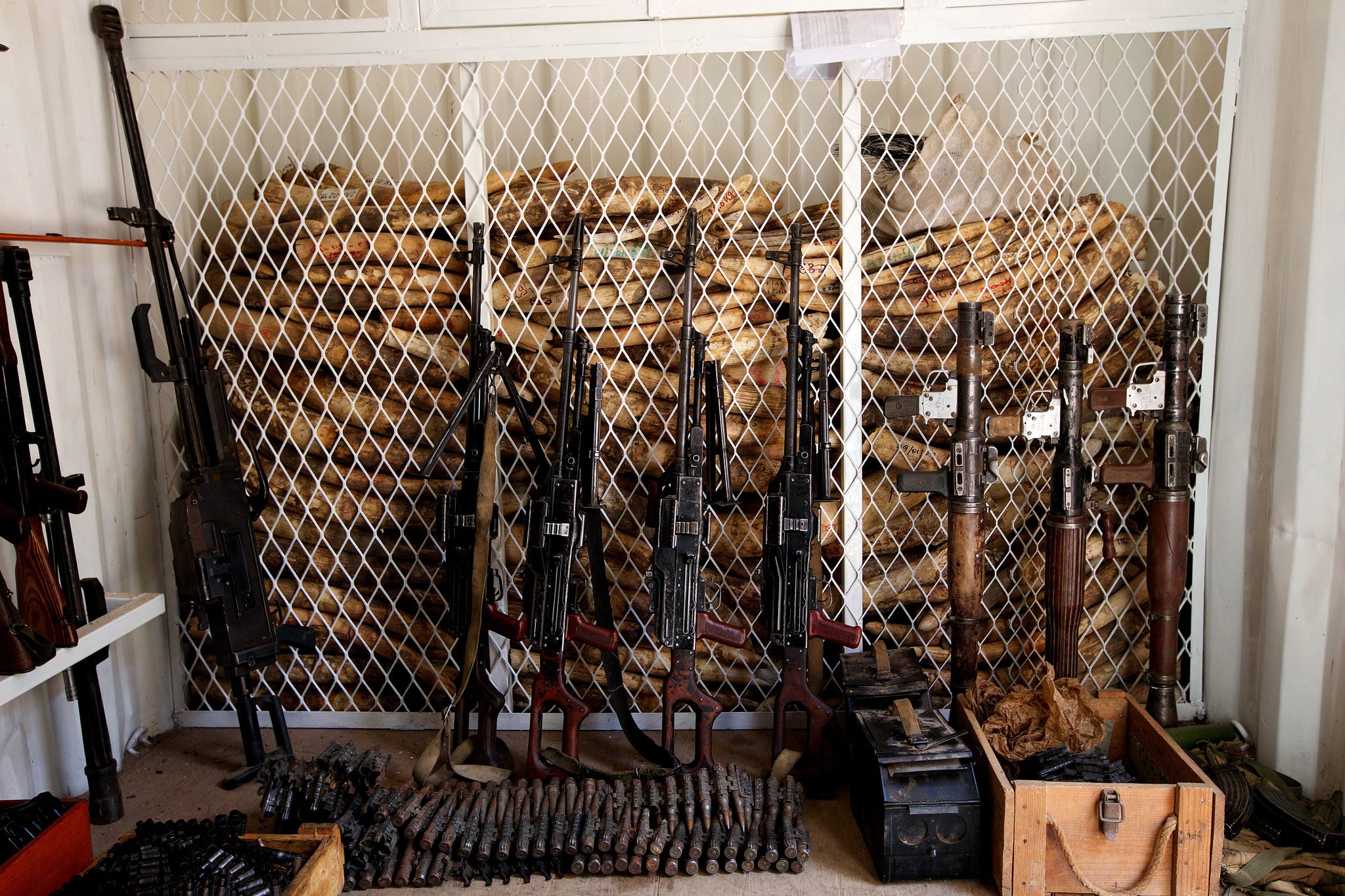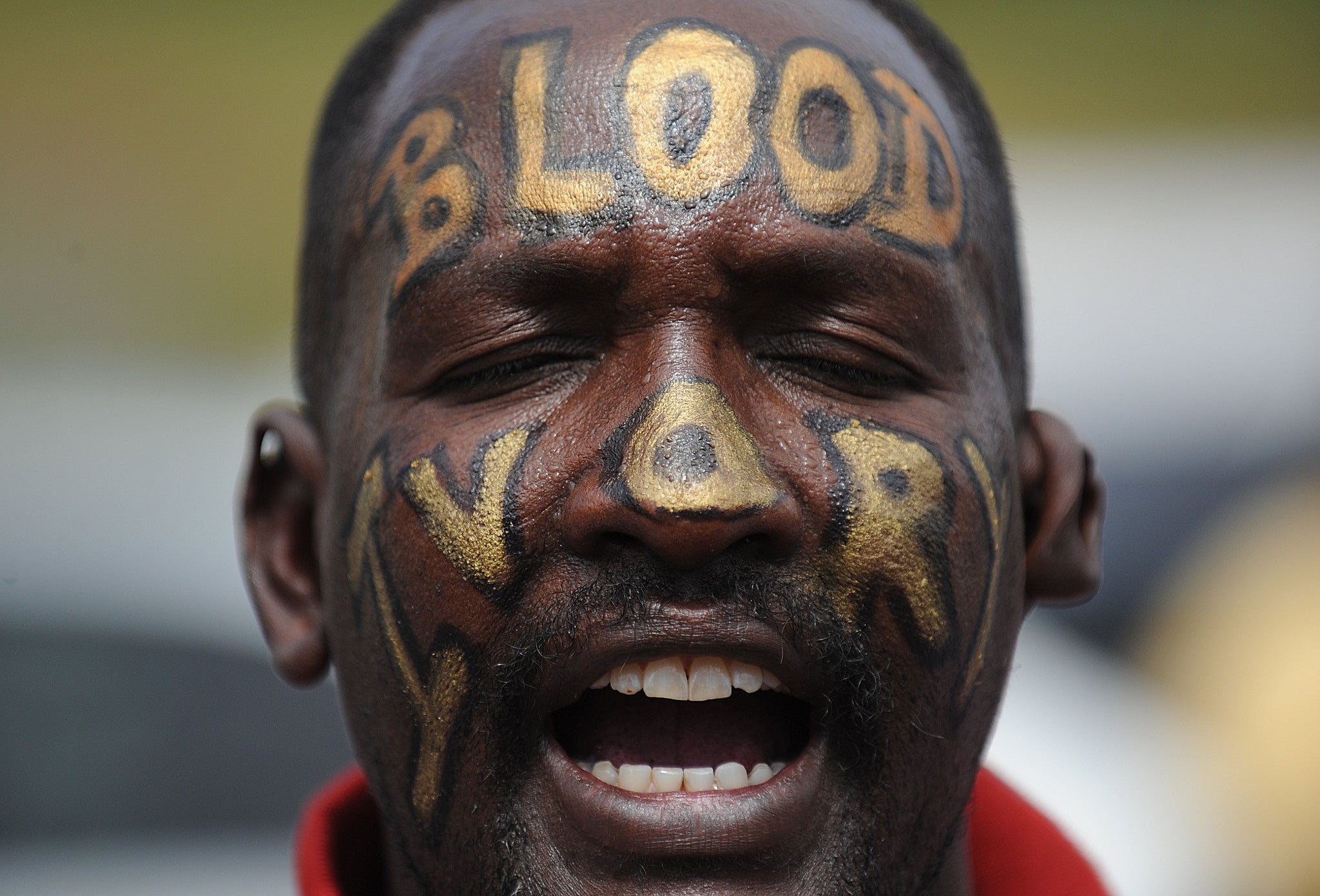Poachers kill 93 African elephants a day as slaughter figures reach record high
The worst area for poaching has been identified by scientists as Tanzania

Elephants are being killed in such unprecedented numbers that there are realistic fears they could be wiped from the face of the planet within a generation.
Around 50,000 elephants are thought to be killed each year as the illegal ivory trade spirals out of control in Africa.
And unless action is taken to end the lucrative trade in wildlife products, they are headed towards extinction.
Grisly images of slaughtered African elephants released year on year show the problem is not going away, despite international pressure to stop the killing.
And according to researchers, most illegally poached African elephant ivory can be traced back to just two areas of Africa.

The researchers say the data, published in Science, shows the worst area for poaching was identified as Tanzania and nearby parts of Mozambique.
The Tridom, which spans parts of Gabon, the Republic of Congo and Cameroon, was also highlighted.
The Convention on International Trade in Endangered Species of Wild Fauna and Flora (CITES) banned the international trade in ivory in 1989, but a black market trade continues to thrive.
Ivory is used for trinkets, souvenirs and also in traditional medicines.
And with an estimated population of less than half a million, the ongoing African poaching problem is rapidly driving the animal towards extinction, according to some conservationists.

The bad news comes only one year after 46 countries signed the London declaration on illegal wildlife trade.
Researchers and conservationists hope the statistics will prompt policy makers to take further action to stem the years-long onslaught of poaching.
Join our commenting forum
Join thought-provoking conversations, follow other Independent readers and see their replies
Comments